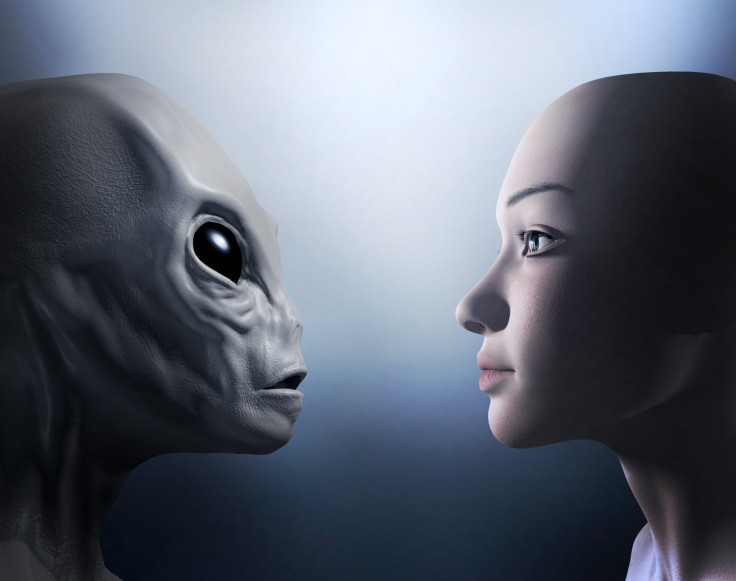By 2050, Human Evolution May Regularly Reach 100-Plus Life Spans With Delayed Childbirth

According to one anthropologist, there will be a completely new species of humans on Earth by 2050. Unfortunately, this doesn’t mean we’ll soon be sporting UV resistant skin or the ability to see in the dark. Rather, it’ll be a cultural evolution, but it’ll be as big of a biological jump as the one we made from apes to human 200,000 years ago.
Cadell Last is an evolutionary anthropologist, who has written numerous works on the species-level differences between humans and chimpanzees. His latest paper, titled “Human Evolution, Life History Theory, and the End of Biological Reproduction,” covers a slightly different topic: the emergence of a new culturally advanced species of humans in as little as 30 years. “Humans are naturally interested in music, movies, mathematics, and science, and all of these things. So we're just entering a world where we can own our own cultural reproduction, and we can engage in this for an entire lifetime,” Last explained to AOL.
The evolution, though cultural, will likely have some biological repercussions, with the expansion of the average lifespan to 120 being the most substantial. “We'll be having babies later in life, and fewer of them, in order to focus on their cultural development," Last added. This is likely to be also due to advances in science making the figurative “biological clock” obsolete.
Future women putting off childhood until later in life is already being observed, with the average age of first-time mothers in America rising from 21 in 1970 to 28 in 2011. However, I doubt this prediction to have babies later in life takes into account that 49 percent of pregnancies last year were actually unintended. Still, Last highlights the integral link between evolutionary advances and later motherhood, explaining that monkeys reproduce later and live longer than prosimians, and apes reproduce later and live longer than monkeys.
Another luxury our futuristic children can look forward to? More free time to do activities that make them happy. “People are going to be able to have more control over how they spend their time and energy, culturally speaking. And that will be a big change, that will be a fundamental difference between industrial society and the society we're making," Last explained. While myself and the rest of the millennial generation are more than likely to still be around in 30 years, it’s still unclear whether we’re included in this “cultural evolution” or whether we'll serve as merely the jealous on-lookers.
In general, Last explained that his prediction of human evolution is closely tied to man’s desire to grow creatively. “What my paper tries to show is that the whole of human evolution in some sense can be viewed as our species trying to abolish the category of adulthood," Last said. This predicted advance will be an unconscious attempt to keep this beloved creativity well into adulthood.
Source: Last C. Human Evolution, Life History Theory, and the End of Biological Reproduction. Current Aging Science. 2014.



























